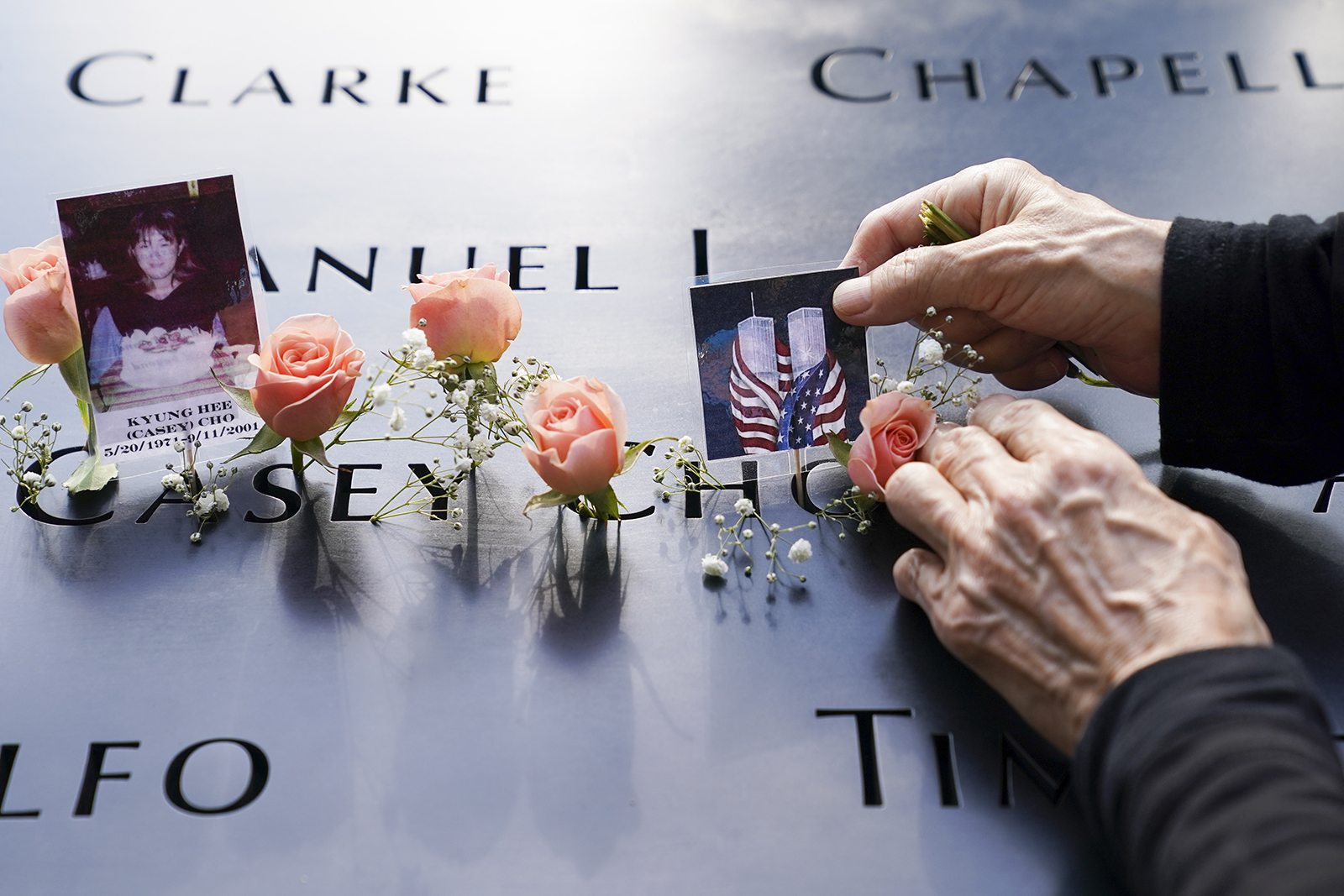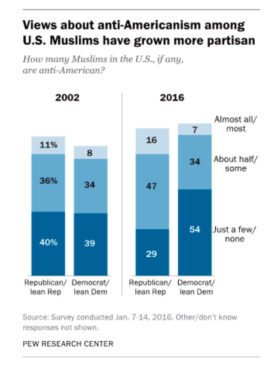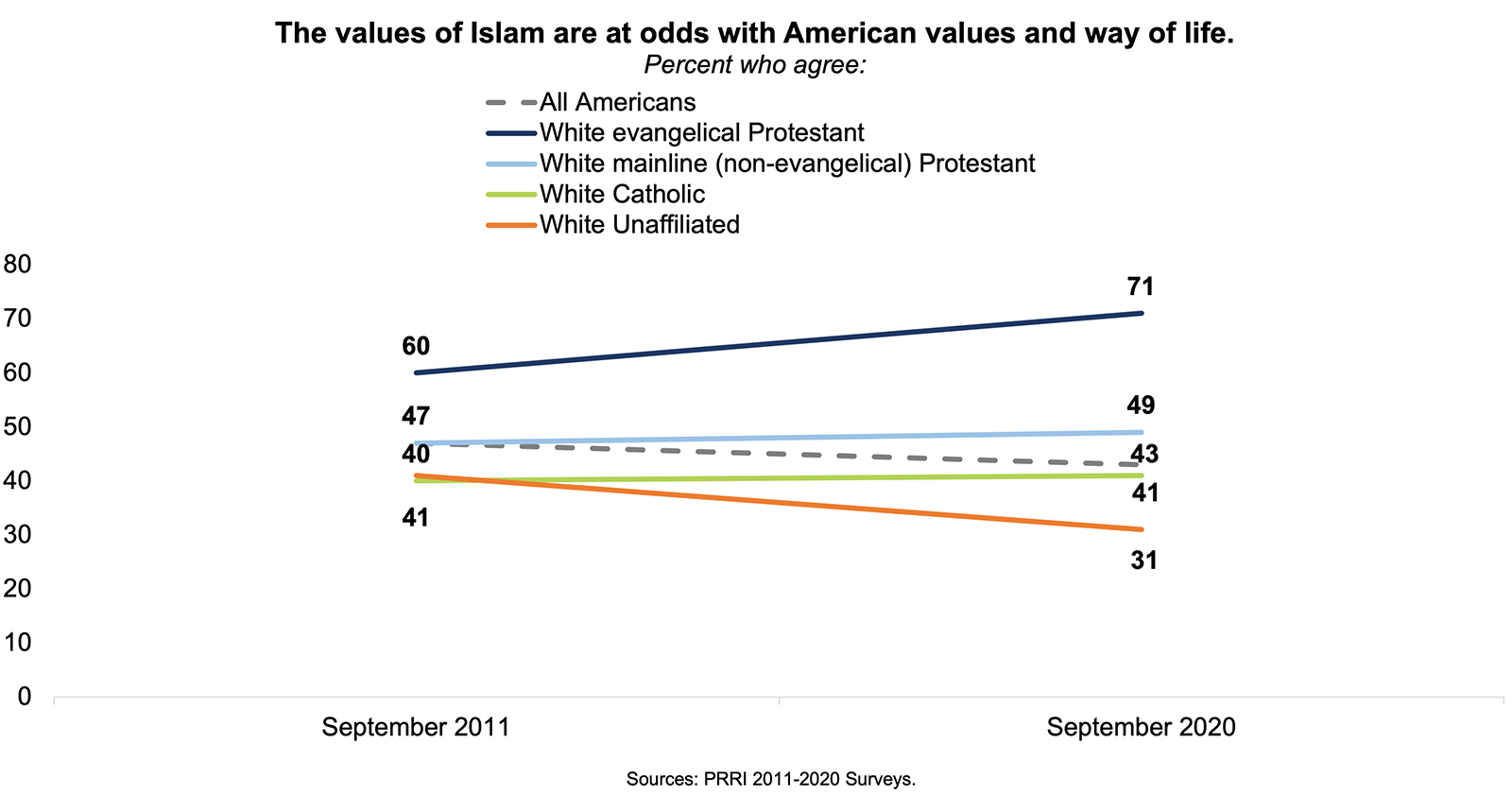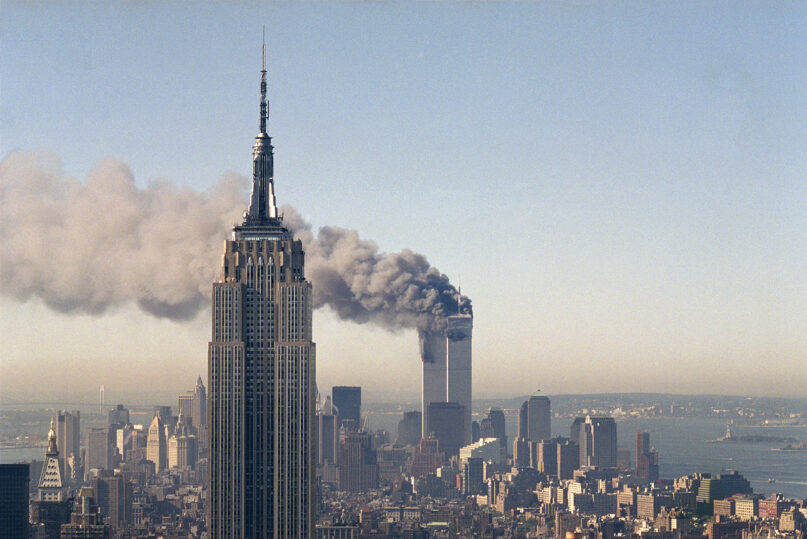(RNS) — When terrorists hijacked four planes with plans to redirect them for simultaneous attacks on Sept. 11, 2001, they had several aims.
The most immediate was to kill and maim thousands of innocent people. As we’ve all been reminded this month, the death toll was horrific: 2,977 people were killed and more than 6,000 were injured in the attacks. I didn’t know anyone who died or lost a family member that day, and I’ve found, especially 20 years removed, that those familiar numbers sometimes feel abstract. But then I stumble upon a window into the grief and loss unleashed that day, and the ripples that continue outward, such as Jennifer Senior’s moving cover story at The Atlantic, “What Bobby McIlvaine Left Behind: Grief, conspiracy theories, and one family’s search for meaning in the two decades since 9/11.” I highly recommended this moving piece.
The terrorists also strategically selected their targets for other purposes. The World Trade Center twin towers in the heart of the financial district in New York City, along with the Pentagon and the Capitol or the White House in D.C., were chosen as emblems of American and Western economic, military and political power. If the terrorists’ primary goal was maximum body count, there were other targets, such as packed baseball stadiums, that could have easily put the death toll in the tens of thousands.
But these sites were chosen for their symbolic value. The attacks were assaults on the temples of capitalism and democracy, and on the military whose purpose is to protect them. The fact that these buildings signified something beyond themselves ensured the impact of the blasts reverberated at a cultural and not just a material level.
In the aftermath, we rallied to build memorials to those lost and to repair the physical damage.
- The National September 11 Memorial & Museum honors victims and their stories on the former site of the twin towers, and One World Trade Center — intentionally built to a height of 1,776 feet to reference the nation’s founding — is the most distinct column in the skyline of lower Manhattan and the tallest building in the Western Hemisphere.
- The Pentagon repaired the breach in its walls within a year, and the outdoor National 9/11 Pentagon Memorial opened in 2008 to honor the victims who died inside the building and on the plane.
- And near Shanksville, Pennsylvania, at the crash site of the fourth plane — the only one not to reach its destination, presumed to be either the U.S. Capitol or the White House — the Flight 93 National Memorial provides a platform for visitors to remember those lost when passengers on the flight heroically attempted to wrest control from the hijackers.
RELATED: Removal of Robert E. Lee leaves Arthur Ashe as Richmond’s remaining witness
The cultural damage, however, has proved much harder to repair. As we dealt with the grief and anger from that day, the legacy of white supremacy and Christian nationalism, particularly in white evangelical circles, has pulled us apart. For many white conservative Christians in particular, Islam, rather than terrorism, snapped into focus that day as the enemy.

Mourners place flowers and pictures in the name cutout of Kyung Hee “Casey” Cho at the National September 11 Memorial and Museum, Sept. 11, 2020, in New York. (AP Photo/John Minchillo)
In the immediate aftermath of the attacks, the early remarks of President George W. Bush were admirable and likely prevented a massive backlash against American Muslims. Just six days after the attacks, Bush gave a speech at the Islamic Center of Washington, D.C., and had these words of admonition for the country:
The face of terror is not the true faith of Islam. That’s not what Islam is all about. Islam is peace. These terrorists don’t represent peace. They represent evil and war. …. America counts millions of Muslims amongst our citizens, and Muslims make an incredibly valuable contribution to our country. Muslims are doctors, lawyers, law professors, members of the military, entrepreneurs, shopkeepers, moms and dads. And they need to be treated with respect. In our anger and emotion, our fellow Americans must treat each other with respect.
As he closed his remarks, he had sharp words for those who might take out their anger on their Muslim neighbors: “Those who feel like they can intimidate our fellow citizens to take out their anger don’t represent the best of America, they represent the worst of humankind, and they should be ashamed of that kind of behavior.”
Across a range of different measures, public opinion polls directly following 9/11 show that most Americans — the vast majority of whom had no direct relationships with Muslims — were willing to follow Bush’s lead and hold the distinctions between the acts of terrorists and their religion.
But Bush’s important rhetorical leadership was quickly plowed under by the actions of his administration, which authorized torture under the euphemism of “enhanced interrogation techniques,” launched an unwarranted war in Iraq that seemed more about the economics of oil and the defense of his father’s honor than fighting terrorism, and violated the civil rights of thousands of American Muslims who were surveilled without warrants, detained by the FBI without charge and deported without due process.
His administration’s deeds, more than his words, ultimately came to define the views of the Republican Party and his fellow white evangelicals. Bush knew he had received the support of approximately 8 in 10 Muslims in his 2000 campaign, including about 60,000 votes in the contested state of Florida. But Bush’s biased, anti-Muslim policies following 9/11 produced a sea change in the Muslim vote. By 2004, Muslims overwhelmingly supported his opponent, John Kerry.
Since the Bush era, the attitudes of Republicans, including white evangelicals who comprise its base, have increasingly aligned with a worldview rooted in centuries of white supremacist theology that conjures visions of light-skinned Christians engaged in a holy war against brown-skinned Muslims both at home and abroad. They have succumbed to the temptation Bush named: the conflation of acts of terrorism by a few with a faith followed by about 2 billion people worldwide.

“Views about anti-Americanism among U.S. Muslims have grown more partisan.” Graphic courtesy of Pew Research Center
According to Pew, just one year after the 9/11 terrorist attacks, less than half of both Republicans and Democrats reported that they believe significant numbers of U.S. Muslims were anti-American. By 2016, attitudes among Democrats were unchanged. By contrast, the percentage of Republicans and white evangelicals who held this view jumped to nearly two-thirds (63% and 64% respectively).
Similarly, PRRI finds negative attitudes toward Muslims have continued to increase across the last decade among Republicans and white evangelical Protestants. In 2011, 63% of Republicans agreed “the values of Islam are at odds with American values and way of life,” and that proportion crept up to 67% by 2020. By contrast, the percentage of Democrats who agreed with this statement dropped 14 percentage points, from 40% to 26%. In other words, over the last decade, the partisan gap on this question nearly doubled, from 23 points to 41 points.
We see a similar polarization in attitudes toward Muslims between white evangelicals and virtually all other groups, including other white Christian groups, in the religious landscape. Across the last decade, the percentage of white evangelical Protestants who believe Islam is incompatible with American values rose 11 percentage points, from 60% to 71%, while the opposite pattern is true among white Americans who are religiously unaffiliated.

“The values of Islam are at odds with American values and way of life.” Graphic courtesy of Robert P. Jones
Twenty years on from 9/11, we are seeing Islamophobia flower into full-throated support for a white Christian nationalist vision of America.
RELATED: Let’s celebrate this Fourth of July without the myth of white Christian innocence
On a 2020 PRRI survey, when asked to put themselves on a 10-point scale where one end is the statement “I would prefer the U.S. to be made up of people belonging to a wide variety of religions” and the other end is the statement “I would prefer the U.S. to be a nation primarily made up of people who follow the Christian faith,” Americans are sharply divided by party and religion.
Republicans are more than three times less likely to say they would prefer the U.S. to be a religiously pluralistic nation than a Christian nation (13% vs. 43%). By contrast, Democrats are more than three times as likely to prefer a religiously pluralistic nation (53% vs. 16%).
On the religion front, white evangelical Protestants are a jarring eight times as likely to prefer the U.S. be a Christian nation than a religiously pluralistic nation (7% vs. 58%). And they are the only religious group in which a majority express a preference for the U.S. to be a mostly Christian country.
Two decades ago, out of the pain and grief and anger that flowed from 9/11, we had an opportunity to reaffirm our shared commitment to a religiously and racially pluralistic democracy. Instead, the data show Republicans and white evangelicals have embraced anti-Islamic views that provided sustenance for an exclusivist vision of a white Christian America. This was the stage that was set even before Donald Trump walked onto it.
The bitter fruits of these choices should not be lost on us. Today, according to the FBI, the largest domestic terror threats are coming not from Muslims beyond our borders but from right-wing white nationalists among us. And the violent insurrectionists behind the most recent deadly attacks on a symbol of our democracy — on a date that will also forever evoke an American turning point — carried not crescents but crosses.
(Robert P. Jones is the CEO and founder of PRRI and the author of “White Too Long: The Legacy of White Supremacy in American Christianity.” This article was originally published on Jones’ Substack #WhiteTooLong. Read more at robertpjones.substack.com. The views expressed in this commentary do not necessarily reflect those of Religion News Service.)





